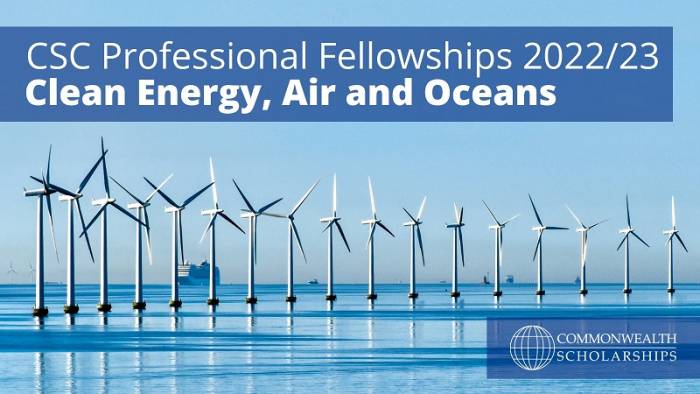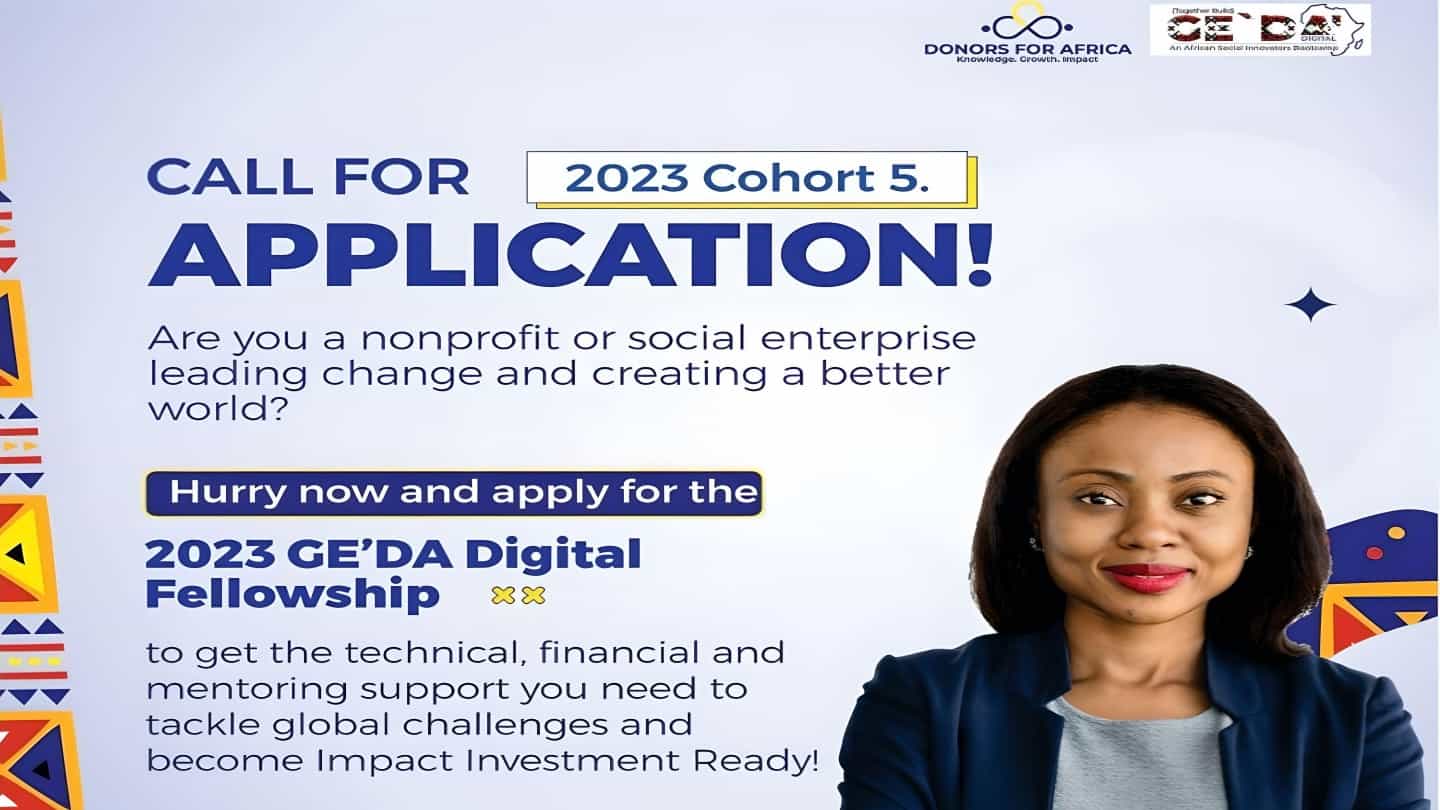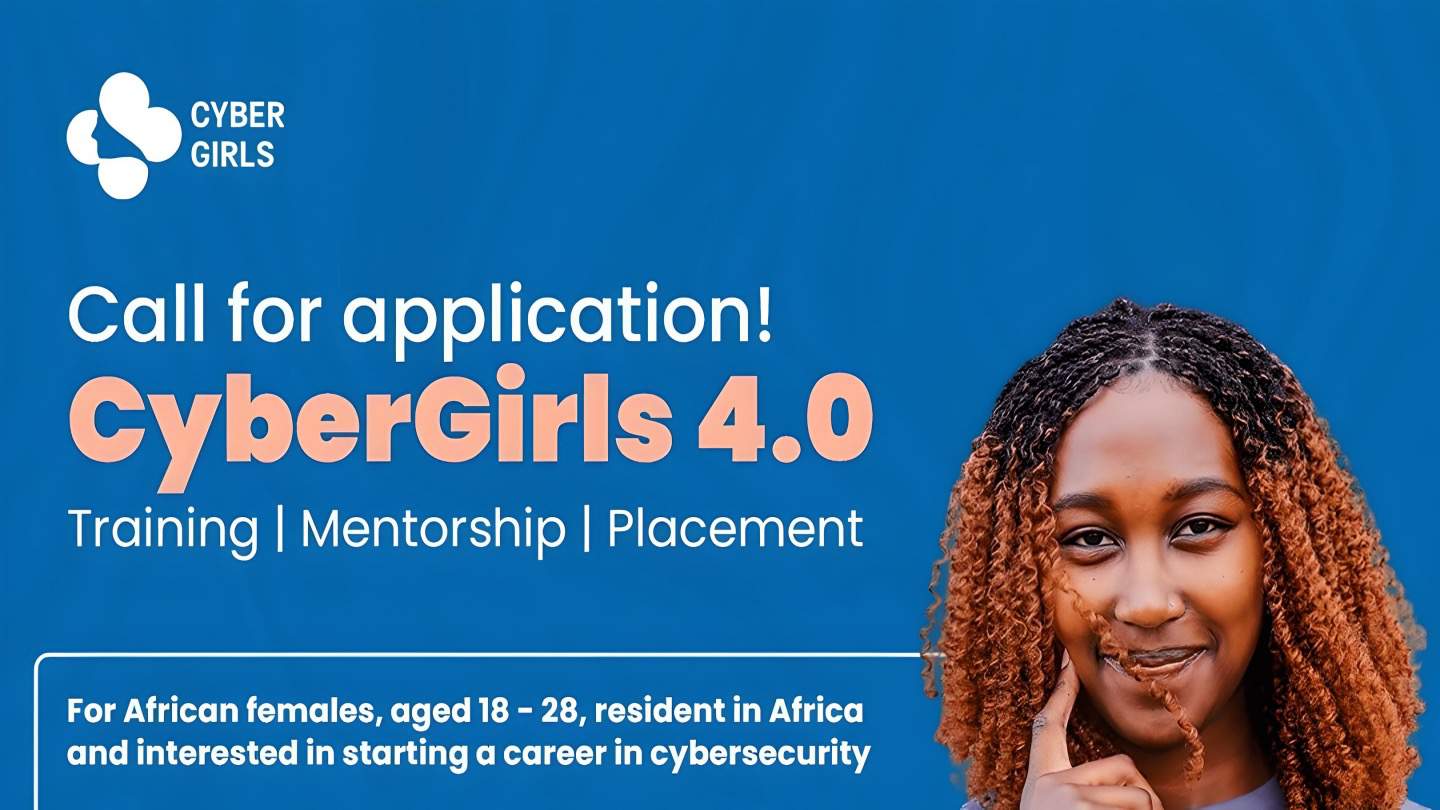
The Commonwealth Professional Fellowships are for mid-career professionals from low- and middle-income countries to spend time working in their field for a course of professional development in the United Kingdom.
The goal is to give professionals the opportunity to improve their knowledge and abilities in their respective fields while also having a catalytic effect on their workplaces. Thematic areas for Commonwealth Professional Fellowships in 2022/23 include Clean Energy, Air, and Oceans.
Commonwealth Professional Fellowships Eligibility
- Be a citizen of or have been granted refugee status by an eligible Commonwealth country, or be a British Protected Person;
- Be permanently resident in an eligible Commonwealth country;
- Have at least five years’ full-time, or equivalent part-time, relevant work experience, in a profession related to the subject of the Fellowship programme, by the proposed start of the fellowship – voluntary work experience will not be counted towards this minimum
- Be in employment at the time of application at an organisation that they will return to upon completion of the Fellowship;
- If nominated for a Professional Fellowship, prospective Fellows will be required to provide at least two references, (one of which must be from their current employer). Prospective Fellows will be contacted directly by the CSC if required to submit references. The Host organisation Fellows are applying to might also contact them to request a reference when considering their application;
- Not have undertaken a Commonwealth Professional Fellowship within the last five years (at the time of taking up the award);
- Not be seeking to undertake an academic programme of research or study. Academics are eligible to apply for the scheme, but only to undertake programmes of academic management, not research or courses relevant to their research subject;
- Be available to start and complete their fellowship within prescribed dates.
Commonwealth Professional Fellowships Eligible Countries
- Antigua and Barbuda
- Bangladesh
- Belize
- Botswana
- Cameroon
- Dominica
- Eswatini
- Fiji
- The Gambia
- Ghana
- Grenada
- Guyana
- India
- Jamaica
- Kenya
- Kiribati
- Lesotho
- Malawi
- Malaysia
- Maldives
- Mauritius
- Montserrat
- Mozambique
- Namibia
- Nauru
- Nigeria
- Pakistan
- Papua New Guinea
- Rwanda
- St Helena
- St Lucia
- St Vincent and The Grenadines
- Samoa
- Sierra Leone
- Solomon Islands
- South Africa
- Sri Lanka
- Tanzania
- Tonga
- Tuvalu
- Uganda
- Vanuatu
- Zambia
Commonwealth Professional Fellowships Benefits
Each Fellowship provides:
- Approved return airfare from the fellow’s home country to the UK
- Reimbursement of the standard visa application fee
- Stipend (living allowance) payable monthly (or pro rata) for the duration of the award at the rate of £1,782 per month, or £2,197 per month for those at organisations in the London metropolitan area (rates quoted at 2021/22 levels)
- If a fellow declares a disability, a full assessment of needs and eligibility for additional financial support will be offered by the CSC. See the CSC disability support statement for more information.
- Arrival allowance of up to £972.59 (rates quoted at 2021/22 levels), including an element for warm clothing
- For the Clean Energy, Air and Oceans programme, a £1,000 travel allowance per fellow to facilitate attendance at events (administered by host organisations)
- A maximum of £3,000 per fellow can be agreed by host organisations for short courses/conferences as well as travel to visit other UK organisations where this forms an integral part of the programme. Host organisations should bear in mind the restrictions set out in our guidance on claimable costs.
How to Apply for Commonwealth Professional Fellowships
Note that all Commonwealth Professional Fellowships in the 2022/23 round are in the thematic area of Clean Energy, Air and Oceans. All applicants must be professionals working on related issues.
In the application form, prospective fellows will be asked to:
- List all undergraduate and postgraduate university qualifications obtained (where applicable)
- List up to 10 publications and prizes (if applicable)
- Provide details of your employment history and explain how each job is relevant to the programme you wish to undertake in the UK (up to 100 words per employment)
- Provide a statement on the relevance of your previous work experience to the proposed fellowship (up to 300 words)
- Provide a Development Impact statement in 4 parts.
Similar Posts:
RECOMMENDED: Check Here for More Scholarships and Opportunities.




